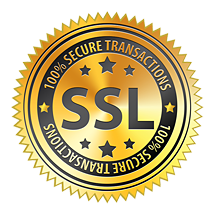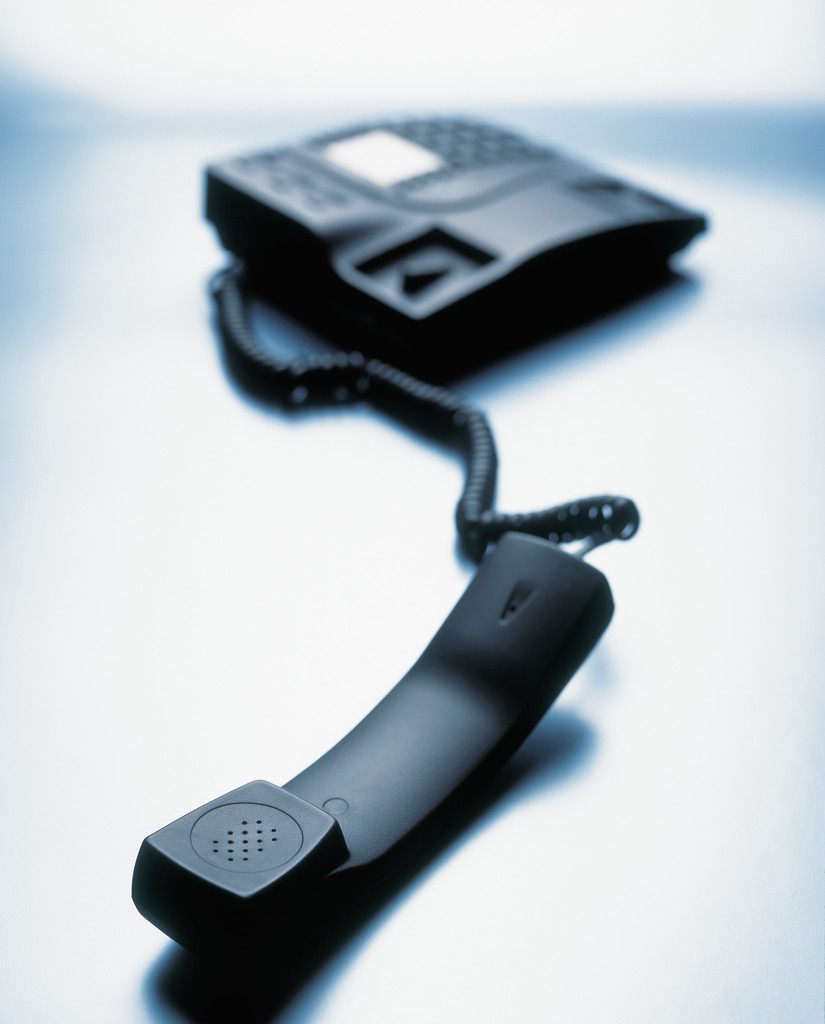Radio Or Other Non-Licensed Material On Hold
Unlike music played over the radio or any other store-bought music, the music contained in all GO On Hold programs is royalty free. Once purchased, no other payments are due to GO On Hold or any other third-party music licensing agencies such as ASCAP or BMI.
The Law
By statutory definition, since a corporation or other company is a place ‘where a substantial number of persons outside of a normal circle of a family and its social acquaintances is gathered,’ (17 U.S.C. SECTION 101) it is a public place for copyright purposes. Whether the performance is by the playing of a CD or tape, by a radio tuned to a particular station, or via music-on-hold (which constitutes a public performance by virtue of its being a transmission to the public), permission must first be obtained in order for the use of that music to be lawful.”
The Organization
Songwriters and music publishers are represented by two companies…Broadcast Music, Inc. (BMI) and the American Society of Composers, Authors and Publishers (ASCAP). These performing rights organizations, as they are formally known, represent the writers and publishers who own the copyrights.
The Penalties
The law allows copyright owners to receive as damages for infringement between $500 and $20,000 for each work infringed. Moreover, a corporate officer who has the right or ability to supervise the company’s music use and who has a direct financial interest in the corporation can be held personally liable for the infringement.
Enforcement
ASCAP and BMI employ a small army of people whose sole job is to call businesses and attempt to be placed on-hold. On the first call, violators are offered the opportunity to purchase an annual license for the rights to play a radio on hold. Violators who refuse to purchase the license are warned that they are in violation of copyright laws, and they must cease the play of the radio on hold. Users who are caught in violation and refuse to pay license fees are typically called by ASCAP and BMI subsequently to see if they have ceased playing the radio or other non-licensed music source. Violators who are caught, again, may receive substantial monetary court judgments against them. Some judgments attempt to recover previous licensing fees that can go as far back as from the time the business began operating.
Licensing
To obtain a license to play a radio on hold, contact ASCAP at 800-992-7227. Rates for an annual license begin at about $165 per year for up to ten incoming lines.




